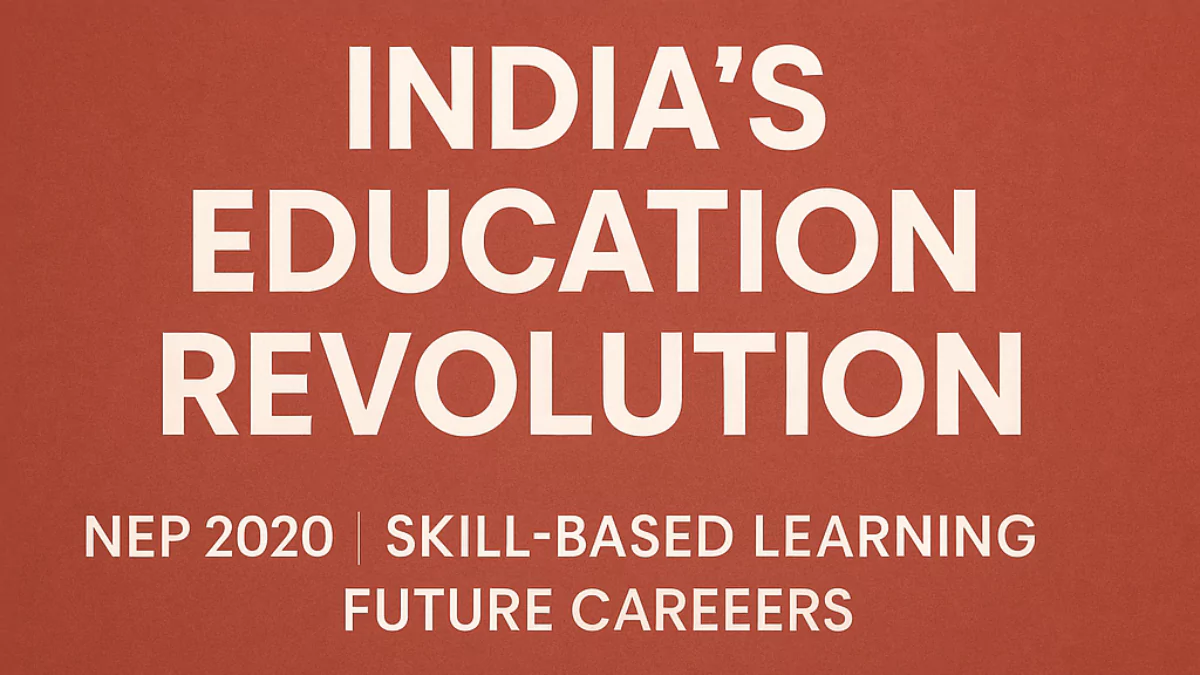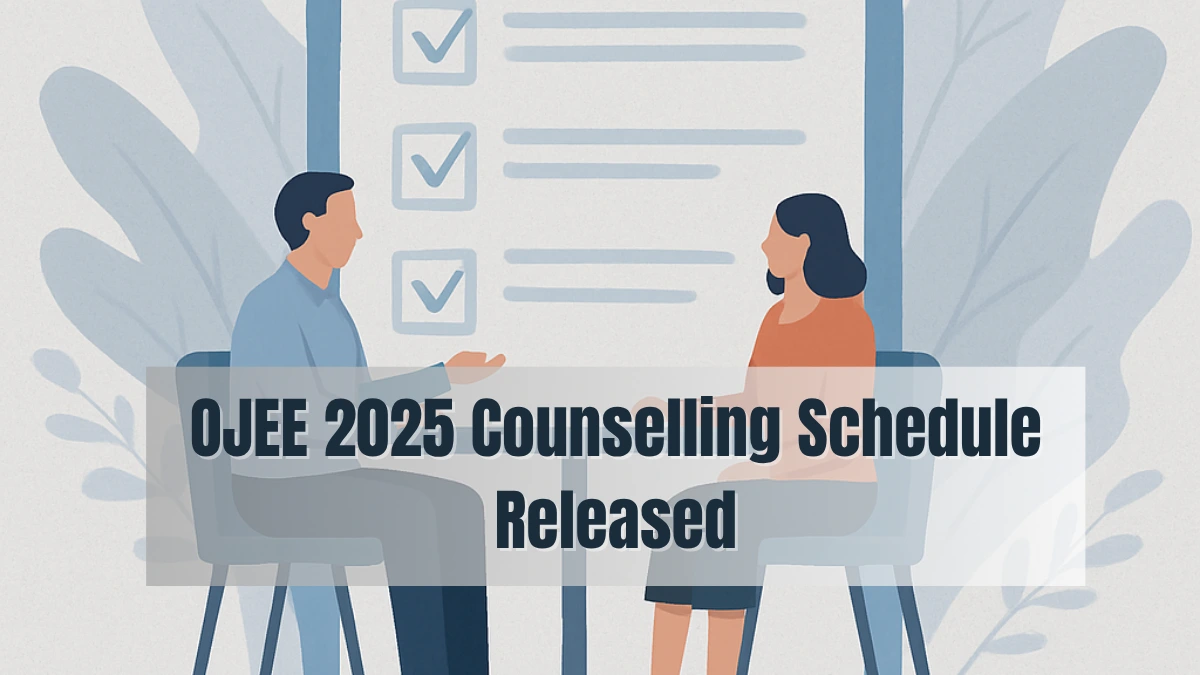NEW DELHI: India’s education sector is undergoing a revolutionary transformation. It is witnessing its rigid and exam-centric model rapidly evolving into a dynamic, multi-disciplinary and skill-based ecosystem. Driven by technological advancements, policy reforms like the National Education Policy (NEP) 2020, global exposure, and increasing demand for employability, professional courses are being redefined to align with industry trends, entrepreneurship, and real-world problem solving.
This article explains how the education sector and professional course offerings in India are changing, the forces driving this shift, emerging trends, and what the future holds for students.
Key Drivers Behind the Transformation
1. Implementation of NEP 2020
The National Education Policy (NEP) 2020 has laid the groundwork for systemic reform:
- Introduction of multi-disciplinary institutions
- Emphasis on flexible subject choices and exit options in degree programs
- Shift from rote learning to critical thinking, conceptual clarity, and creativity
- Promotion of vocational training from Grade 6 onwards

2. Digital Disruption & EdTech Growth
- Online platforms have made quality education more accessible.
- Hybrid learning models are becoming mainstream.
- AI, VR, AR, and gamification are enhancing classroom experiences.
- Coding, data science, blockchain, and AI are now part of the curriculum in many schools and universities.
3. Employability Crisis & Skill Gaps
- Traditional degree holders often lack job-ready skills.
- This has led to a surge in skill-based certifications, short-term diplomas, and industry-aligned courses.
- Demand for soft skills, communication, emotional intelligence, and digital tools is increasing across sectors.
4. Globalisation of Education
- More Indian universities are collaborating with international institutions.
- Indian students are showing interest in MBBS abroad, international MBAs, and global research fellowships.
- Virtual internships and cross-border faculty exchange programs are gaining popularity.
Evolution of Professional Courses in India

Emerging Trends in Indian Education
| Trend | Description |
| Credit-based Learning | Academic Bank of Credits (ABC) allows flexibility and course mobility |
| Online Degree Programs | UGC-approved online degrees from top universities now have equal validity |
| Skill-Based Certifications | Short-term bootcamps (6–12 months) in coding, design, AI, etc. |
| Entrepreneurial Education | Start-up cells, business incubators, and hackathons at the school/college level |
| Multilingual Learning | NEP pushes for vernacular education and translation of technical content |
| Internationalisation of Education | Dual degrees, global campuses, and transnational curricula |
Government Initiatives Shaping the Sector
- SWAYAM & NPTEL: Free online courses for UG/PG students
- Skill India Mission: Promoting vocational skills and NSQF-aligned training
- Study in India Initiative: Attracting foreign students to Indian universities
- PM eVIDYA: Digital infrastructure for rural and underprivileged learners
- NEAT (National Educational Alliance for Technology): Public-private EdTech collaboration
Opportunities & Challenges

The education and professional training landscape in India is undergoing a massive shift—from rigid degrees to flexible, experiential, and skills-focused learning. Students now have more options than ever before, and the system is adapting to create job-ready professionals, innovators, and global citizens.
Whether you’re a parent, student, policymaker, or educator — staying informed and adaptable is the only way forward in this new era of learning.




